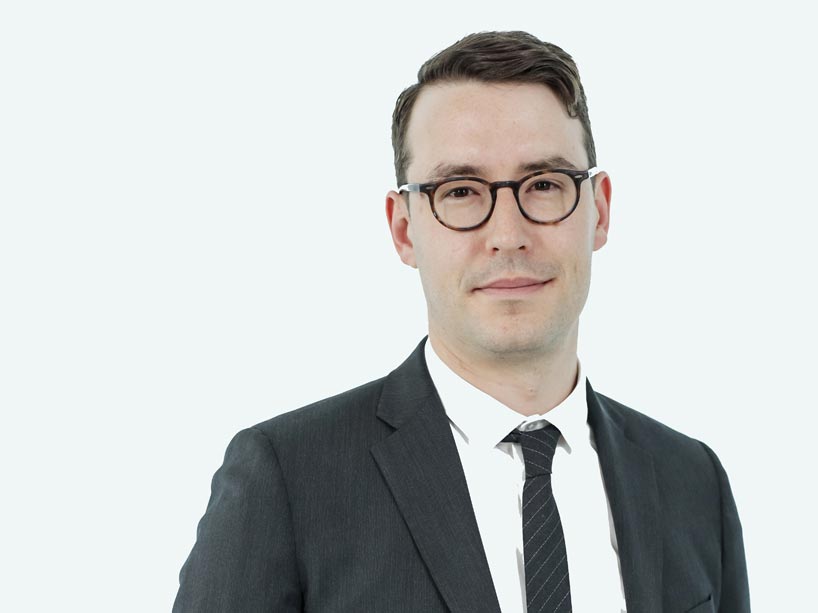Trudeau scholar explores how photography and war connect

Photo: Nathaniel Brunt, a communication and culture PhD candidate at Ryerson, is one of this year’s recipients of the Pierre Elliott Trudeau Foundation doctoral scholarship.
What does a photograph tell us? Is it an objective chronicle of events? A first-draft of history? A tool for propaganda? In his visits to the disputed South Asian territory of Kashmir, Ryerson communication and culture PhD candidate Nathaniel Brunt has used photography to ask questions about how photography influences our perception of war.
“I’m looking at how photography plays a role in those issues of memory and history,” says Brunt. “It’s been a process of moving away from just being somebody strictly documenting a war as a photographer, and really thinking about the variety of roles that photography plays within conflicts.
“I’m interested in how various individuals, groups and institutions use photography as a tool of war, and how others use it to commemorate events of a conflict. I’m looking at it more as a cultural historian. It’s a process of stepping further and further back to not only understand how I stand as a photographer documenting this war, but really the larger way photography has been used. I have also been excavating and unearthing a variety of archival material as part of my research.”
Brunt’s photography has earned him numerous awards, including the 2016 Portfolio Reviews award at the CONTACT Photography Festival. Now, Brunt is one of this year’s Pierre Elliott Trudeau Foundation scholars (external link) , a prestigious honour that puts him in network of more than 400 researchers and intellectuals. The scholarships support a multidisciplinary community of scholars in everything from urban planning to public health to education to law, providing financial assistance and mentorship.
“It’s really special to be part of this community … being part of this diverse community,” says Brunt. “I’m looking forward to the mentorship aspect, but also learning from a cohort of people doing really diverse work with a range of methodologies and approaches.”
Brunt didn’t always plan to be a photographer, and came to the craft through an unlikely route. “I started as a historian. I was always interested in history, and photography was a way to kind-of be there, and translate the things I was studying into a language that I thought could communicate with people well beyond academia. Writing essays is one thing, but I’m just as interested in the dissemination of research as the production. Photography was a means to get it out there and engage with people who might not read a scholarly article.”
Brunt began experimenting with photography as an undergraduate, and credits Ryerson with encouraging non-traditional modes of research. “It’s a place that allowed me to experiment with many different approaches. I learned how to be a photographer while I was at Ryerson, even though I wasn’t in a photography program. So, it’s really that acceptance of practice that has been a huge, huge contribution to where I am now.”
Documenting the crisis in Kashmir is a heavy responsibility—a reality that informs Brunt’s unconventional, increasingly subjective approach. “I think it’s one of the reasons why I started adopting this approach, and tried to be reflective and understand where I sit. I also want to be transparent about the fact that I’m really only one viewpoint in a conflict that’s been documented by hundreds if not thousands of perspectives.
“I always try to be transparent about the fact that this is a war that I don’t have a personal connection with beyond the work that I do, and I try to be open to hearing a wide variety of views, whether or not I agree with them.”
Awarded by the Pierre Elliott Trudeau Foundation (external link) , the scholarships provide a $60,000 annual package, including a $20,000 travel/networking allowance to facilitate fieldwork, research initiatives and conferences. Since 2003, the foundation has awarded 232 scholarships and invested nearly $24 million.
Related stories:
Ryerson’s first Trudeau Scholar explores gender and immigration policy
Photographer Nathaniel Brunt talks art, technology, and representation